
Folklore is like the songs of time, the history of people and the country. The exchange of many cultural streams in history leaves light and dark traces in each folklore region.
Spirit of humanity
During the turbulent historical times, leaving their old homeland in the North to go to a new land, the spiritual heritage that the Quang people brought with them on their journey to the South to establish a career, perhaps apart from the songs and melodies of their old villages, there was nothing more.
The folk songs that remain in the memory of those who come to this land, when life is difficult - having to fight with nature, wild animals and even the natives, gradually transform themselves into the folk art of the muddy-footed workers in the South of Hai Van Pass.
The gentle, honest people of Quang always remind each other to live a clean life. They live with an honest attitude, are passionately attached to life and people, and dare to sacrifice for a cause, but only “support the danger, not the prosperity”, because “a thatched hut is more meaningful than a high-roofed building”.
The spirit of respecting humanity, hating ingratitude, and despising evil things inevitably leads to an attitude of opposing the oppression and exploitation of feudal society. And, as we know, the folk literature of Quang Nam later became more and more militant with the desire to escape from the shackles. "We wish to be together on the nine earths and the ten heavens/For a hundred years, we will not abandon you, no matter where you are."
When talking about Quang people, we often hear the comment: "Quang Nam people like to argue". Even in daily life and communication, Quang people are seen as straightforward, frank, sometimes to the point of being clumsy and stubborn.
That spirit in Quang people can be criticized as rude: "eating in small pieces and saying in big pieces", or "eating in big pieces and saying in big words". They are honest and loyal in their relationships with others, hating flattery and petty schemes in life: "I ask you who gave me this plan/ Sickle, crooked knife, thick comb, thin comb/ I ask you, are you satisfied yet?/ Sickle, crooked knife, thin comb, thick comb".
Perhaps that's why Quang people are very afraid of complicated psychological developments, because they are not used to "splitting hairs": "Silk threads and threads can be untangled/ Head threads can be combed, but heart threads are hard to separate".
Therefore, those honest people are always very proud and confident: "Ca Tang Mountain has many horizontal and vertical rocks/Ask your friends, some are bald, some are clean/How many can compare to you/No matter how fickle you are, you just make peace and be honest!"
"A place of gratitude for the deep friendship you follow"
In feudal society, the status of women in rural areas was like that of those imprisoned in poverty and without freedom.
They were bound on one hand by the unjust rituals and laws of the Confucian feudal regime, and on the other hand by the theistic ideology, with the doctrine of destiny that has left its mark on life: "Poor mussels and clams/ Suffering from sun and rain, where can they crawl?"
In a life with no bright future, women are the ones who have to suffer the most: "My body is like a melon/ One day when the sun withers in the middle of the road, who will look after me?"
But, in their sorrowful songs, there is still a gentleness. It helps us understand that in those kind souls who still have to suffer much under those layers of oppression, there is a hidden resilience.
Through folk songs in this land of Thu River and Chua Mountain, we can see the perseverance, gentle yet determined smile of women. It gives them humane wings to fly, beyond the painful and pitiful circumstances of the storks.
At the same time, there whispers in it the song of immense, unconditional love, imbued with the selfless nature of mothers.
It is not blind endurance due to weakness, but the consciousness of forgetting oneself, sacrificing joy and happiness for the sake of one’s lover, husband and children. That is the source of the almost endless strength of Vietnamese women: “Love your husband so you must follow him/Head of the load, head of the pole, head of the rice, head of the children”.
At the beginning of the 20th century, along with the Duy Tan movement, there was a folk song that became the song that most clearly expressed the nature of the people of Quang Nam. This song begins with two folk verses sung in improvisational style, originating from the fact that Quang Nam land is fertile and rich in alluvium.
At the same time, it is a song serving patriotic movements, with the character of calling and gathering, becoming a passionate call: "Quang Nam land has not yet rained but is already soaked / Hong Dao wine has not yet been tasted but is already intoxicating / You go home without sleep, put your arms down / Wherever you go, I will be grateful for your great kindness".
The epic scale in describing historical and social events in Quang Nam folk literature is often combined with lyricism. In terms of quality, it is the expression of the resilient, straightforward, "argumentative" but humane nature of the Quang Nam people; the aspiration towards beauty, truth and a full and happy life.
And of course, it is a very natural tendency of human psychology: believing in goodness, believing in the will of heaven, believing in the inherent goodness of human nature.
Source: https://baoquangnam.vn/nghe-thuat-dan-gian-cua-nguoi-quang-3139372.html







![[Photo] Visiting Cu Chi Tunnels - a heroic underground feat](https://vstatic.vietnam.vn/vietnam/resource/IMAGE/2025/4/8/06cb489403514b878768dd7262daba0b)
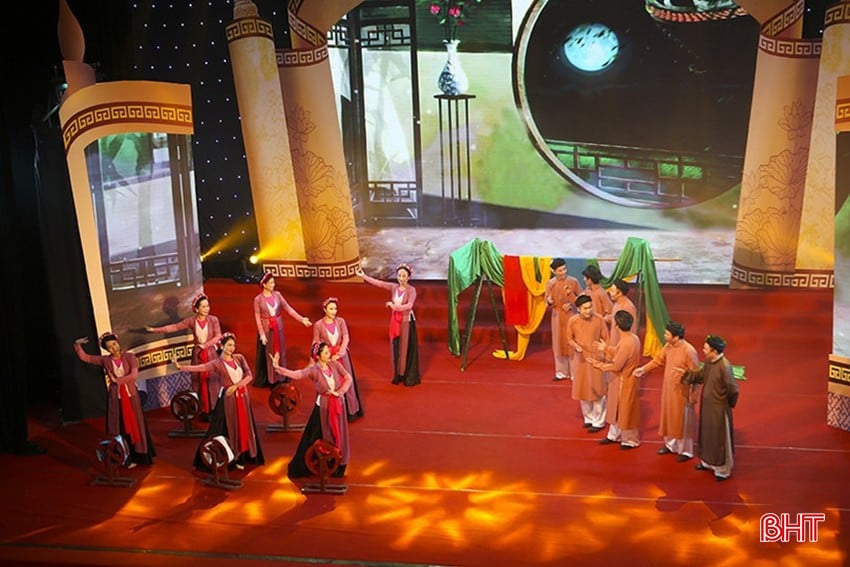



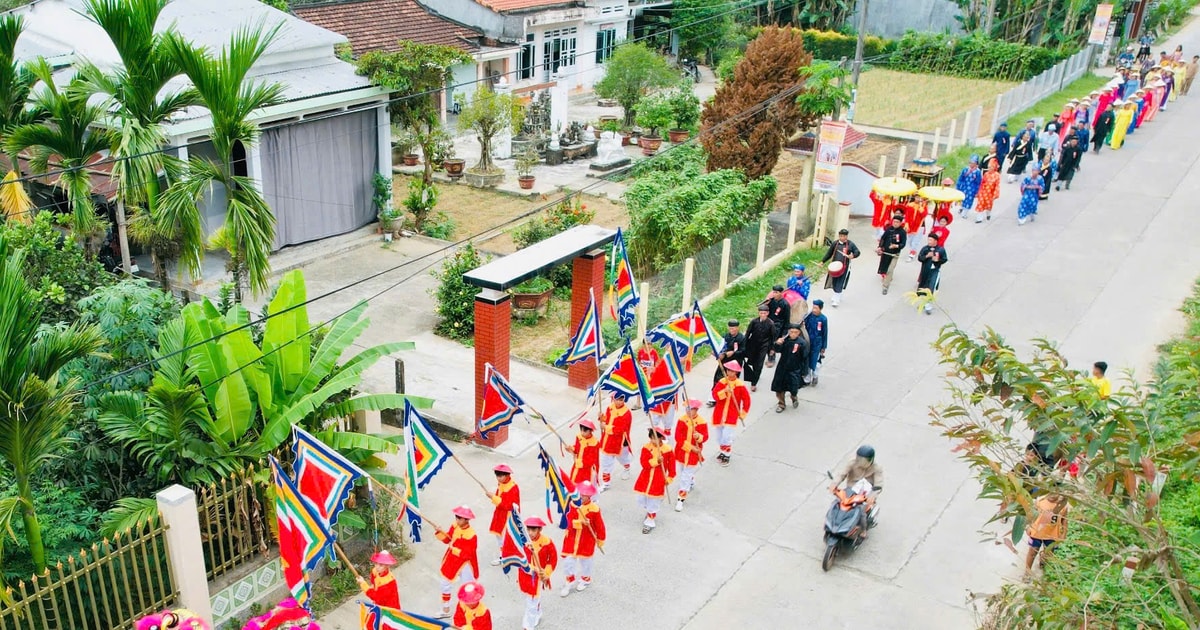




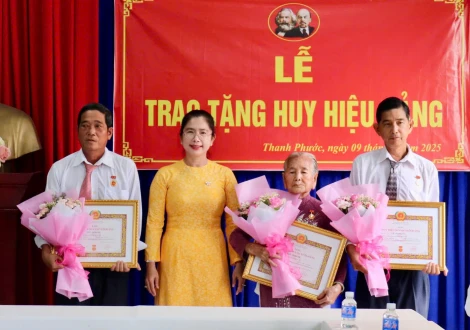
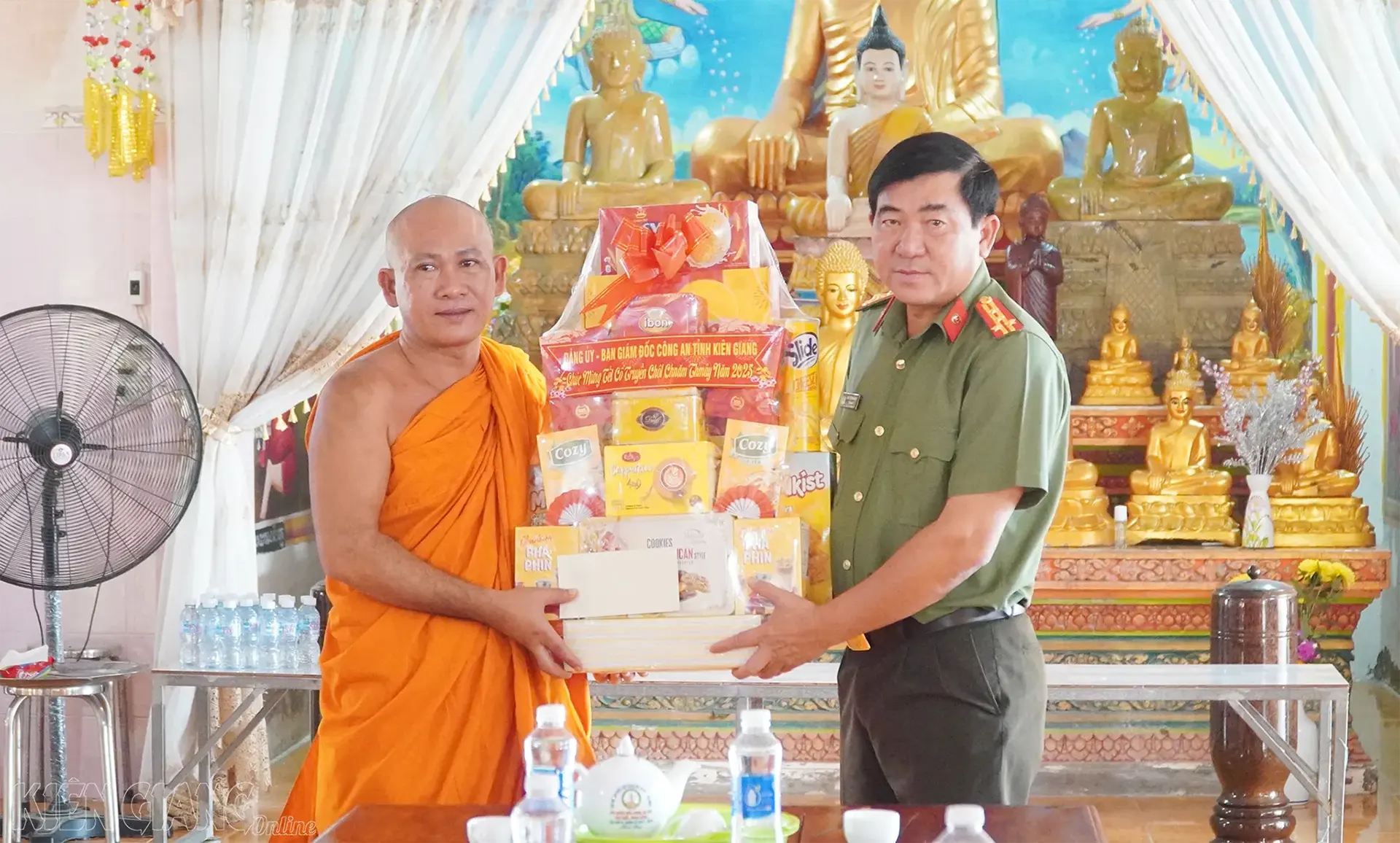

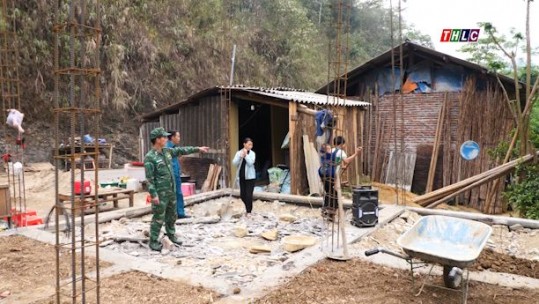
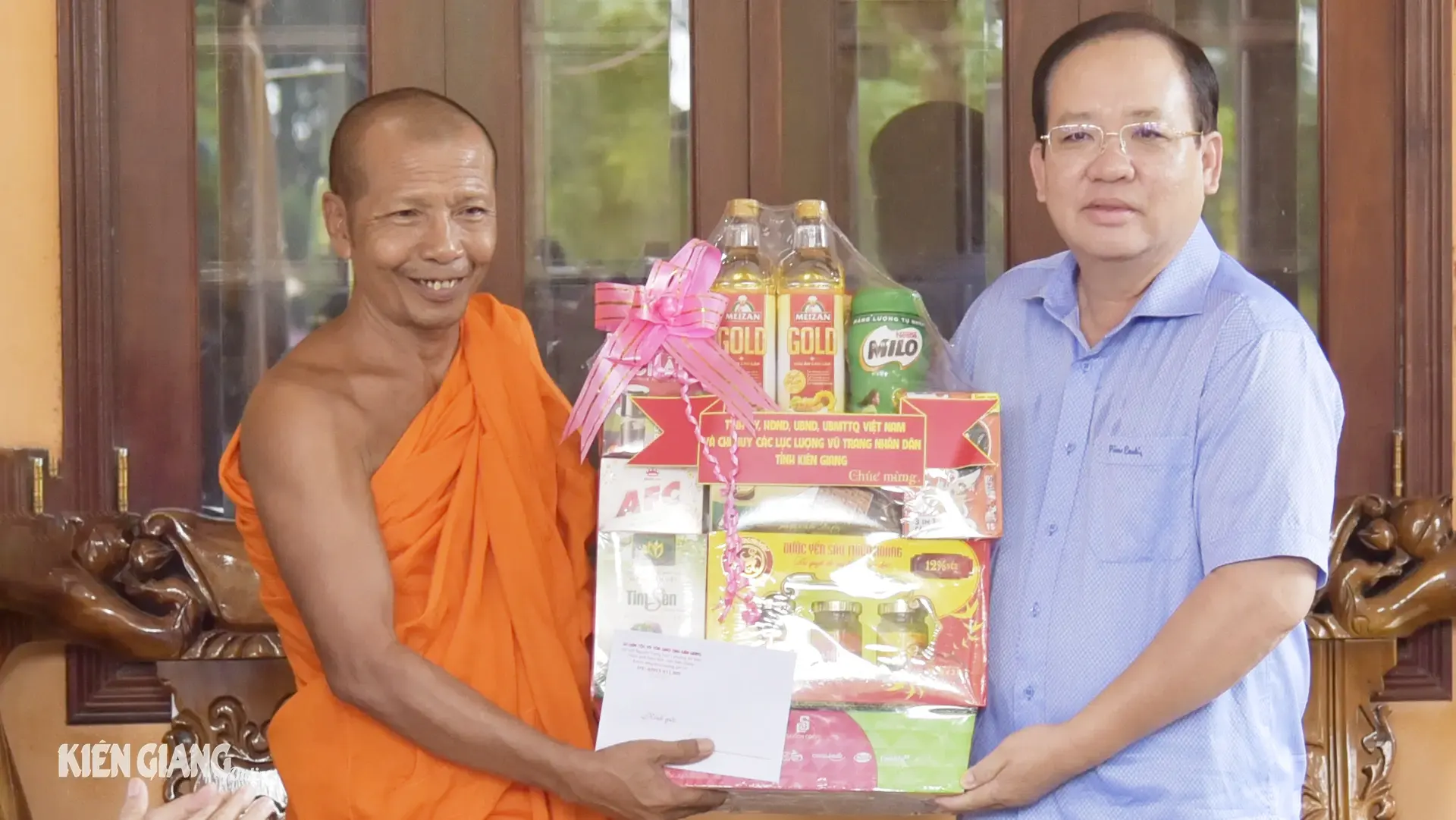




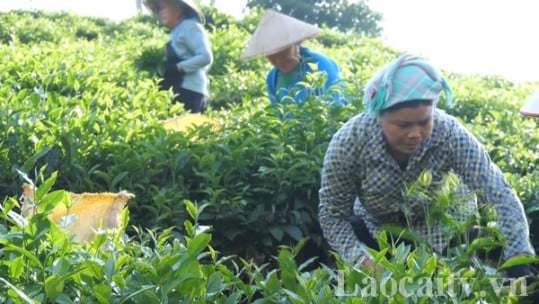

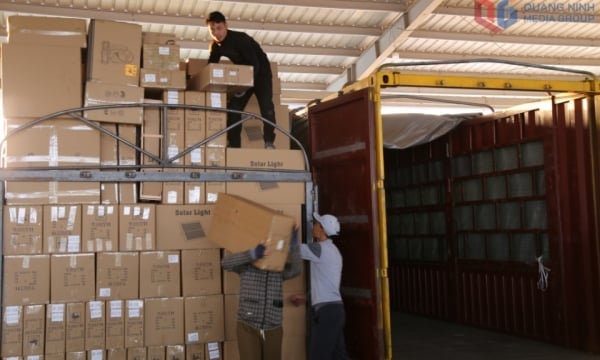
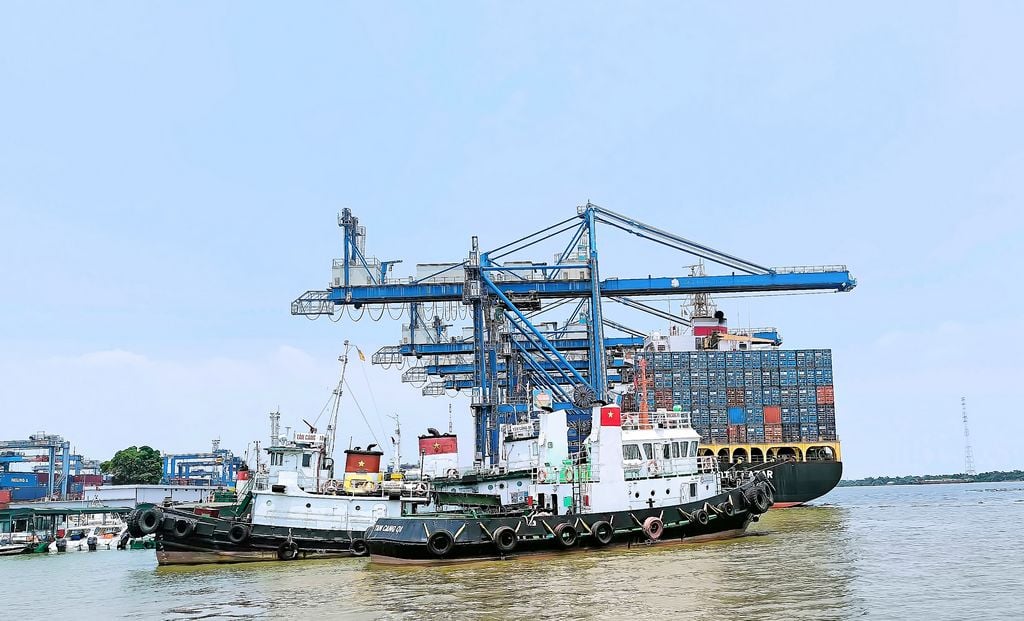
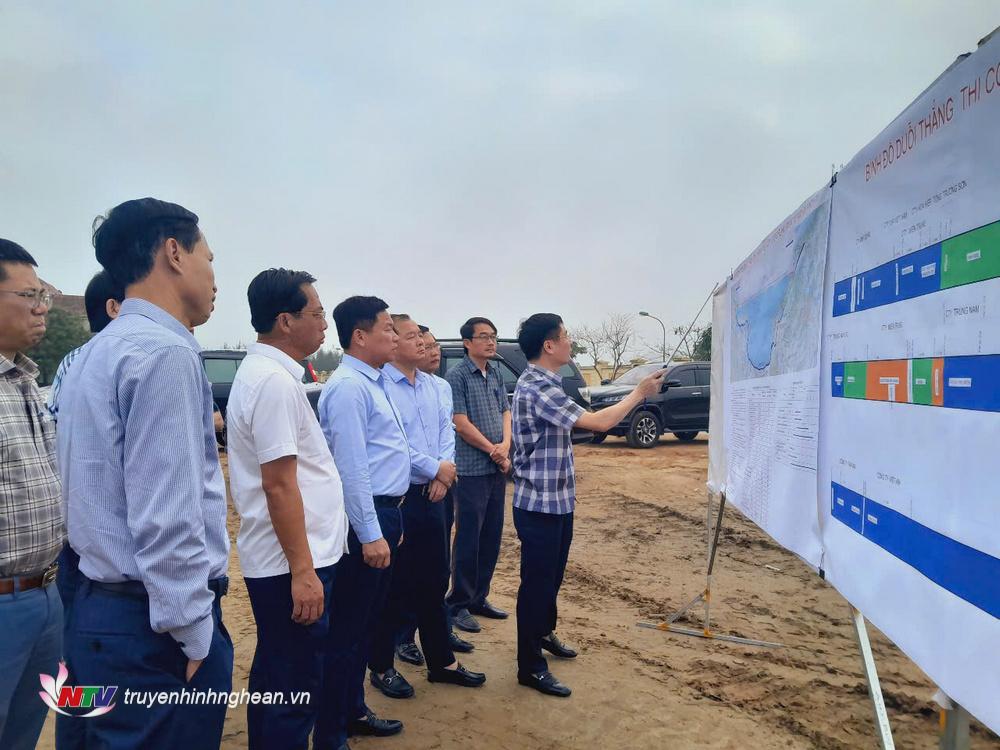









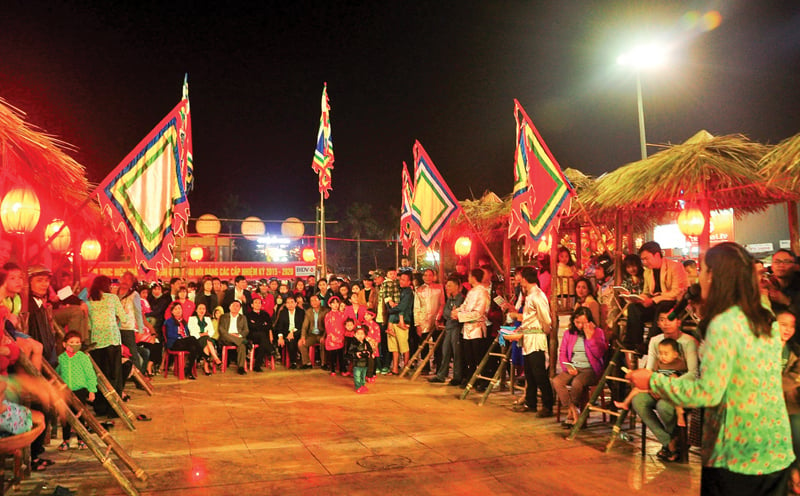

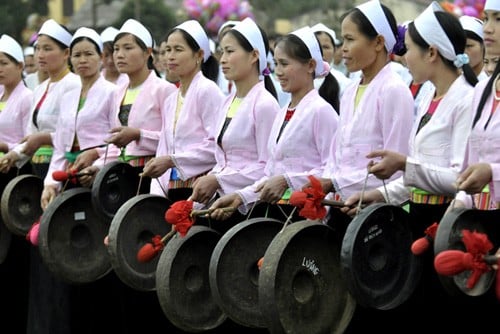











































Comment (0)